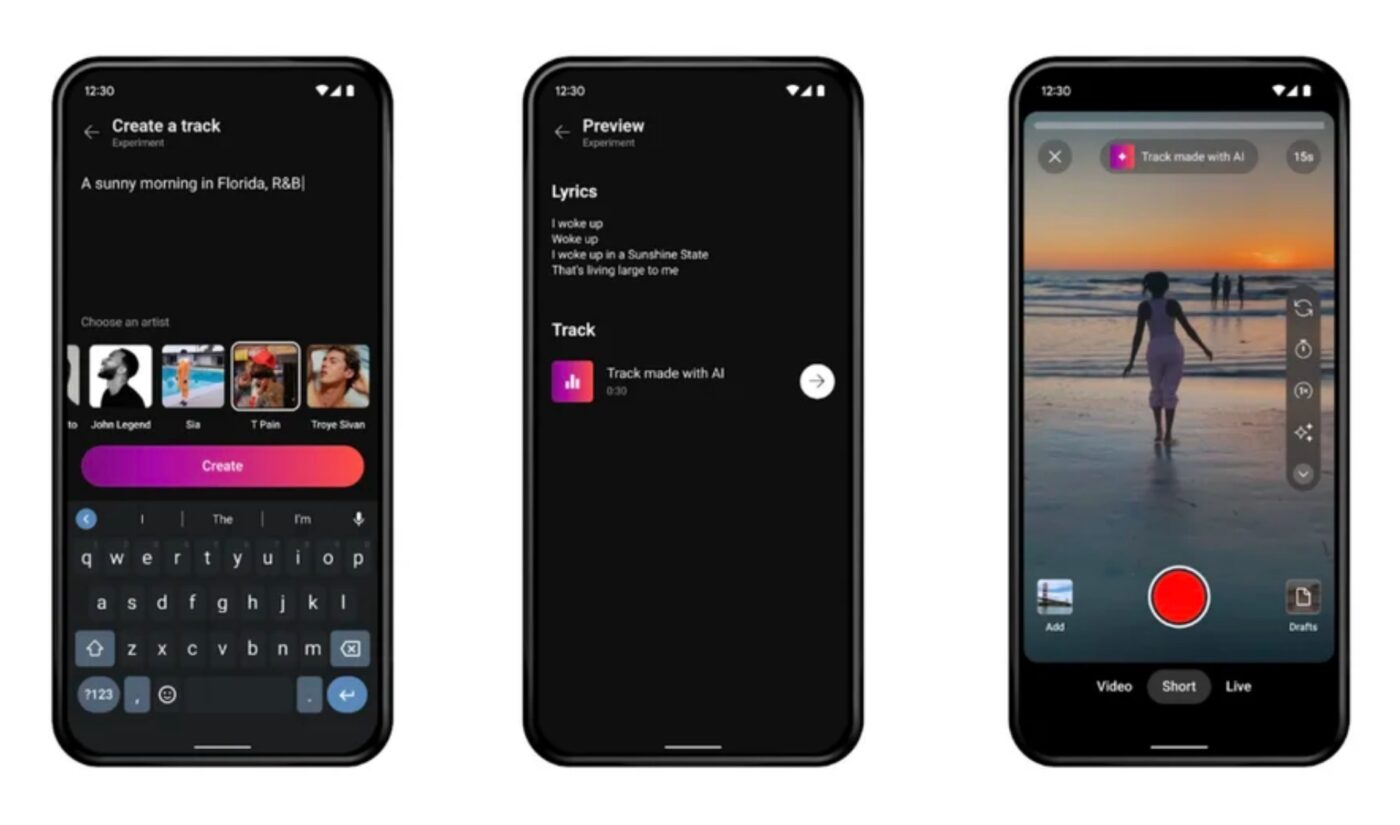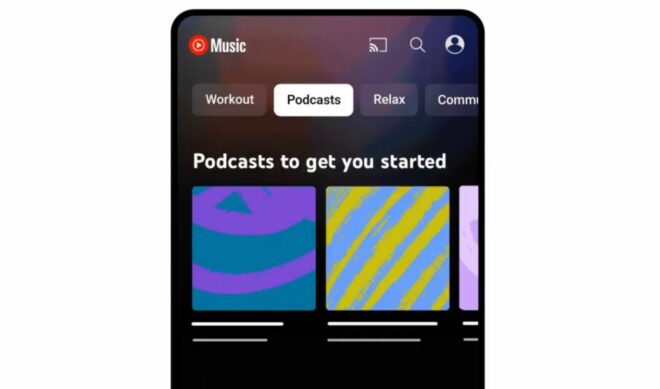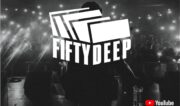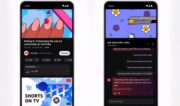Google DeepMind is developing AI-driven tools that can make life easier for creators across the globe, but the development of those tools has been wrapped up in controversy. A Billboard report discussed the tense music industry relations that have stemmed from Google’s decision to train its AI on major-label recordings before receiving permission from rights holders.
Last November, YouTube announced Dream Track, its first publicly-available AI feature related to music. Dream Track uses Google DeepMind’s Lyria to pair creators’ video ideas with original soundtracks that use AI-generated replicas of pop star voices. Musicians who participated in the Dream Track test included Demi Lovato, Troye Sivan, and T-Pain.
“One of YouTube’s greatest strengths is our strong relationships with music industry partners,” reads a YouTube blog post published at the time. “We’re committed to collaborating with them as we enter this new era, critically exploring together new opportunities and developing sensible and sustainable controls, monetization, and attribution frameworks.”

Subscribe to get the latest creator news
Billboard‘s report acknowledges that YouTube obtained “one-off licenses” before launching Dream Track, but the article claims that some music industry figures are taking issue with the platform’s order of operation. Lyria was trained on pop music before rights holders were shown the results, which means that labels could not opt out of AI training.
A YouTube spokesperson clarified the company’s relationship with the recording industry in a statement provided to Billboard. “We remain committed to working collaboratively with our partners across the music industry to develop AI responsibly and in a way that rewards participants with long-term opportunities for monetization, controls and attribution for potential genAI tools and content down the road,” the statement reads.
Despite this latest bit of friction, YouTube remains committed to collaborations with record labels, as has been the case since Lyor Cohen came on board as the Head of YouTube Music in 2016. In 2022, Cohen worked alongside rights holders to build Creator Music, a library of tracks that can be licensed for Shorts.
Cohen’s connections to power players at “Big Three” labels is an asset for his current employer, but those companies also have serious concerns about the methods used to train AI models. Universal Music Group filed a lawsuit last year after AI company Anthropic used copyrighted lyrics to train its Claude 2 model. A similar lawsuit in the publishing industry has been co-signed by authors like George R.R. Martin and Jodi Picoult, who have taken issue with OpenAI’s use of their intellectual property related to products like ChatGPT.
The results of those legal cases could set a legal precedent for AI models. Is DeepMind’s training strategy copyright infringement or fair use? We’re about to find out.













